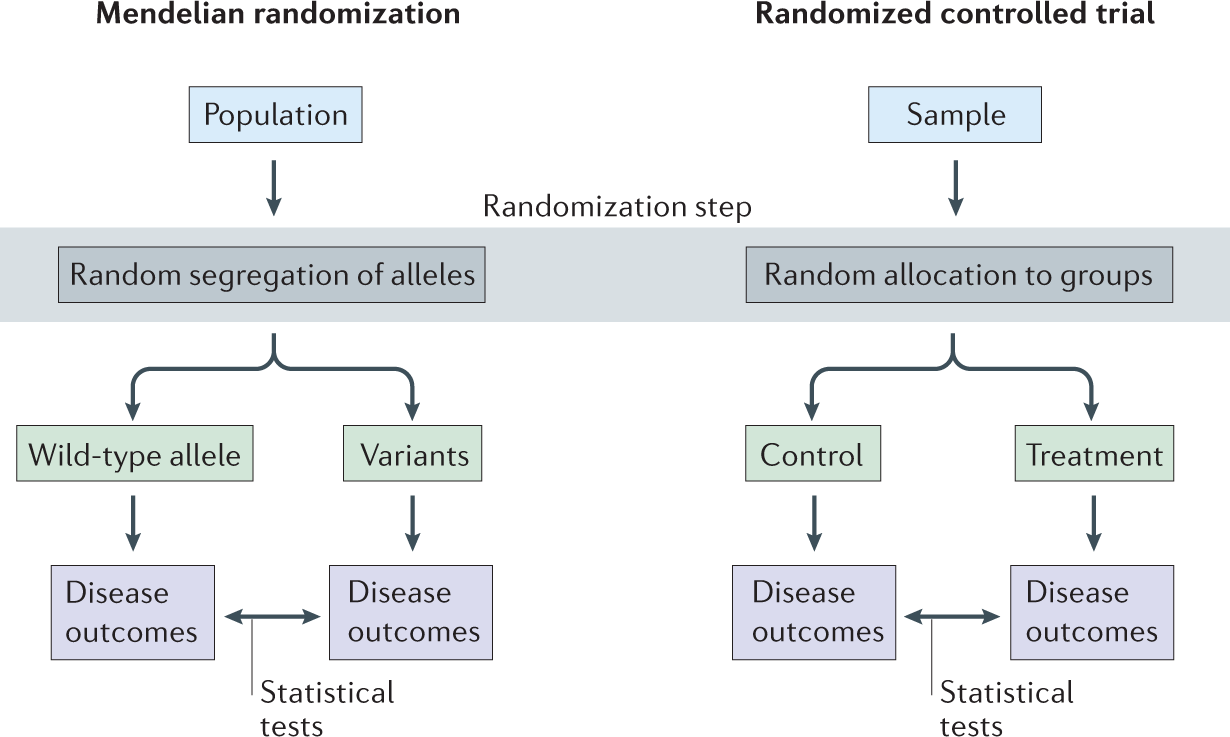Genetically Predicted Diet and Colorectal Cancer Risk

Colorectal cancer is the third most common cancer worldwide and the second leading cause of cancer-related deaths. Diet plays a significant role in cancer prevention, but determining the true impact of specific foods is challenging due to confounding factors in traditional observational studies. Many dietary habits are influenced by genetic variations, which can be used as instrumental variables in Mendelian randomization studies to assess causal relationships.
This study aimed to investigate the genetic links between dietary intake and colorectal cancer risk using data from the UK Biobank. By analyzing genetic markers associated with food consumption, researchers sought to understand whether certain dietary habits have a direct effect on cancer development.
How the Study Was Conducted
Researchers used genetic data from over 93 million variants to identify risk loci associated with dietary intake in a large cohort of individuals from the UK Biobank. They calculated genetic risk scores based on 399 variants related to the consumption of red meat, processed meat, poultry, fish, milk, cheese, fruits, vegetables, coffee, tea, and alcohol. These scores were then used as instrumental variables in a Mendelian randomization framework to estimate the hazard ratios of colorectal cancer.
To strengthen the findings, an observational analysis was also performed using Cox proportional hazard models, adjusting for factors such as age, sex, family history of colorectal cancer, smoking, alcohol consumption, body mass index, and physical activity.
Key Findings on Diet and Colorectal Cancer Risk
Genetically predicted fruit intake was associated with a 21% lower risk of colorectal cancer. A marginally protective effect was observed for vegetable intake, although it did not reach statistical significance. No significant associations were found between genetically predicted intake of red meat, processed meat, fish, milk, cheese, coffee, tea, or alcohol and colorectal cancer risk.
In the observational analysis, frequent consumption of red and processed meat was linked to an increased risk of colorectal cancer, while higher milk and tea consumption appeared to be protective. However, when controlling for genetic influences, these associations weakened, suggesting that other lifestyle factors may contribute to the observed relationships in traditional epidemiological studies.
Implications for Colorectal Cancer Prevention
These findings suggest that fruit intake may have a direct protective effect against colorectal cancer, supporting dietary recommendations that emphasize fruit consumption for cancer prevention. While observational studies have previously linked vegetable intake to lower colorectal cancer risk, the Mendelian randomization approach in this study found only a marginal association, indicating that further research is needed to confirm this relationship.
The study also highlights the complexities of assessing diet-cancer relationships. Traditional observational studies can be influenced by confounding variables, such as lifestyle and socioeconomic factors, whereas Mendelian randomization helps reduce bias by using genetic predispositions as proxies for dietary habits.
To learn more, read this!: Genetically predicted dietary intake and risks of colorectal cancer: a Mendelian randomisation study | BMC Cancer | Full Text

